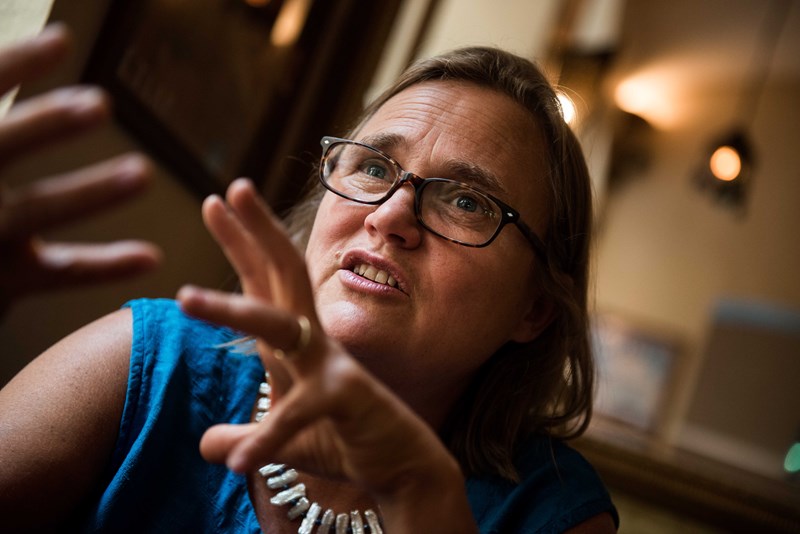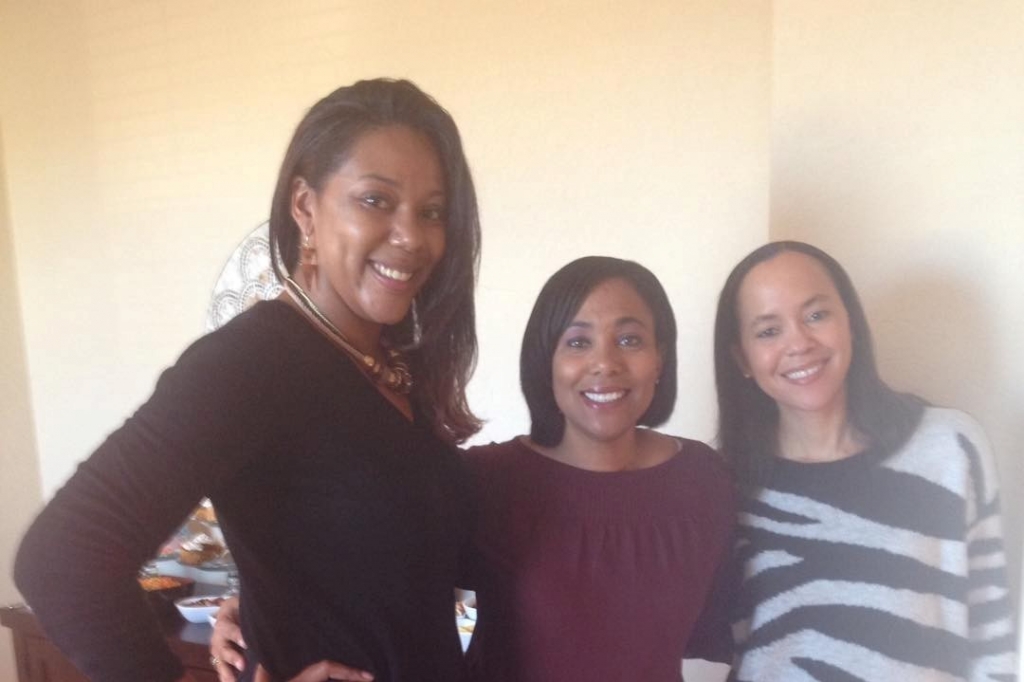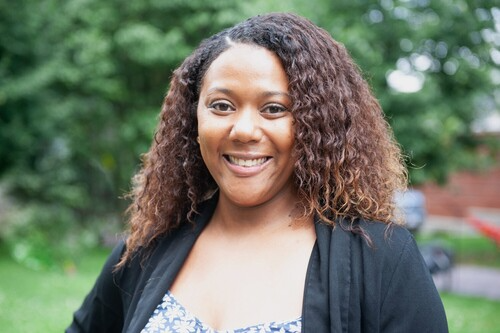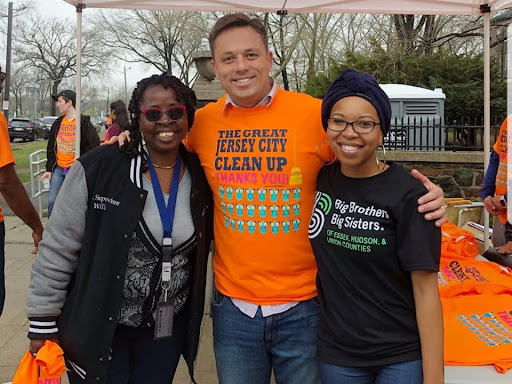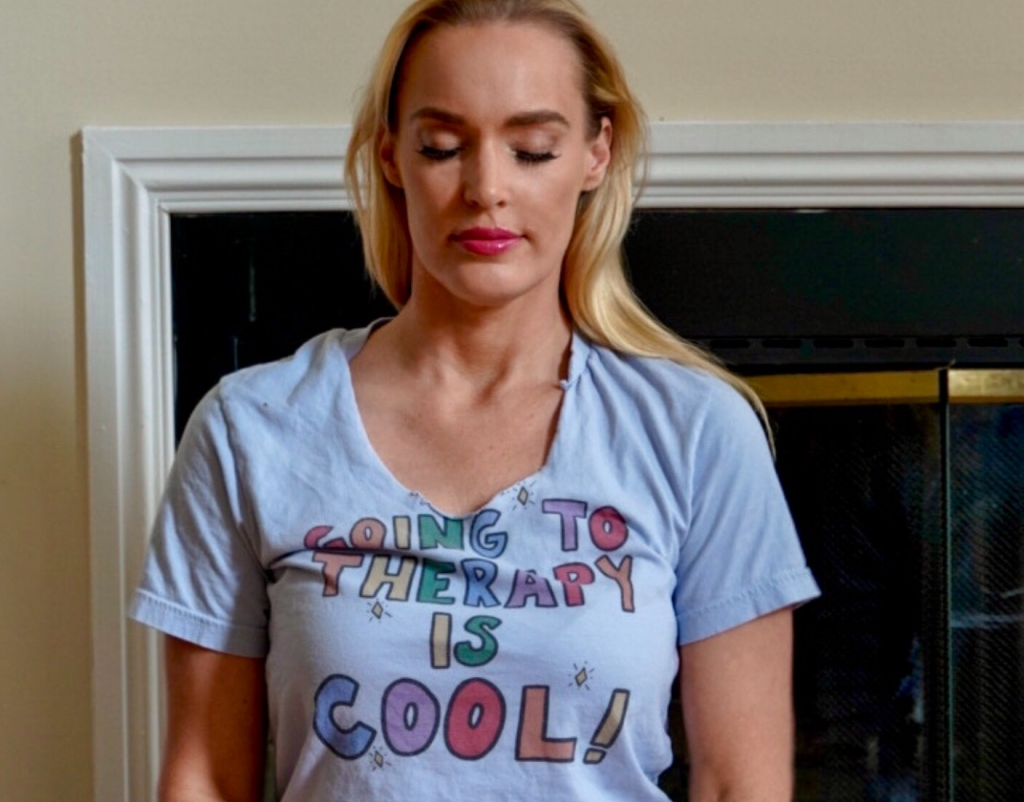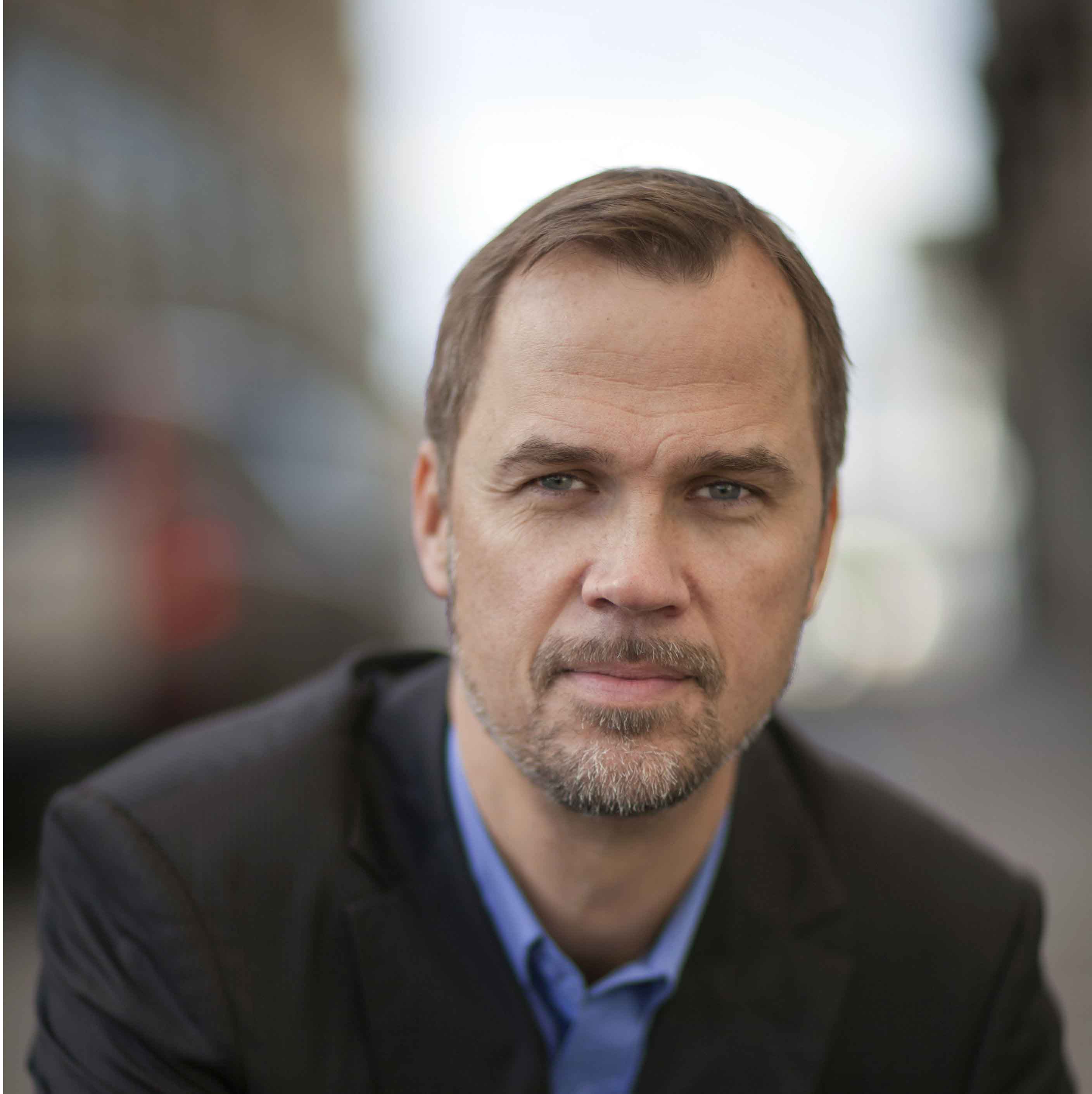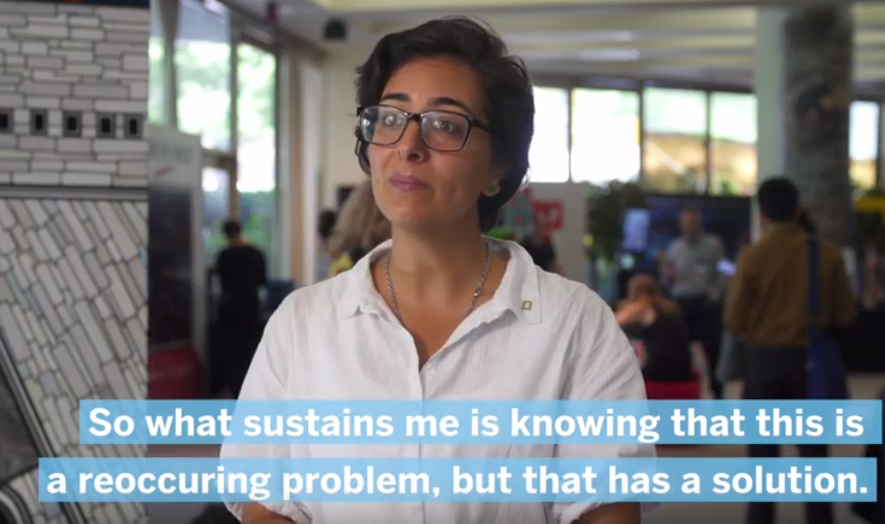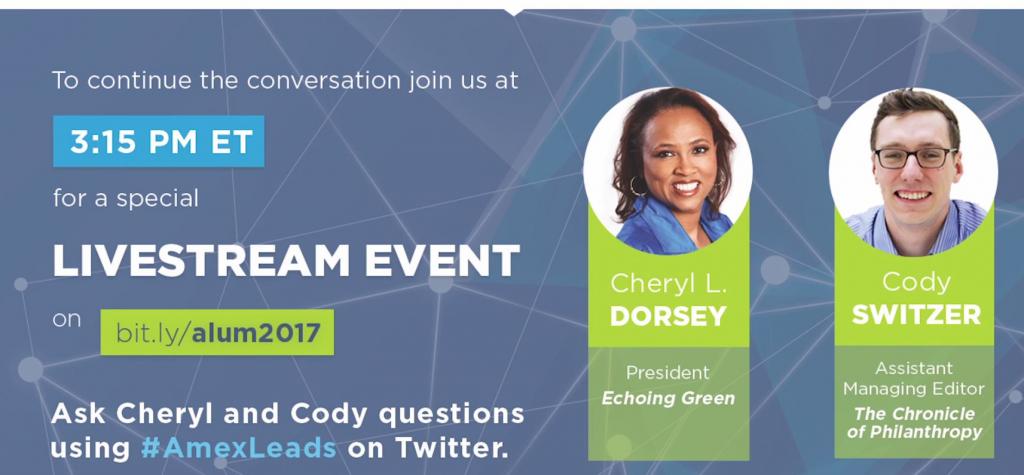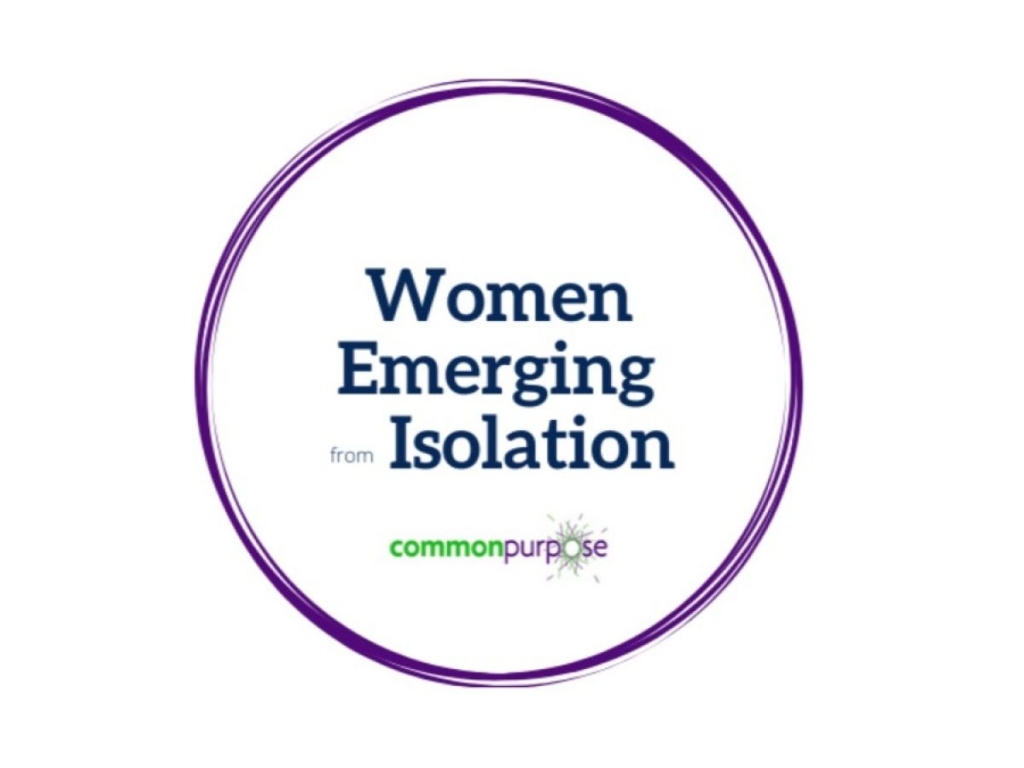
A new movement focuses on connecting women leaders to have a stronger combined voice in our post-pandemic world.
"We are not interested in redistributing power, our aim is to generate more of it as we emerge from isolation.”
- Julia Middleton
Julia Middleton is the founder of Common Purpose, an organization that develops leaders around the world, particularly civic leaders and leaders who can cross boundaries to solve complex problems in their organizations and in their communities.
In 2020, Julia convened more than 100 women around the globe to design and launch Women Emerging from Isolation, an initiative to connect women from different cultures, backgrounds, faiths, and beliefs. The goal: a film-club approach to intercultural leadership development — and a way for the social impact sector to come back after the pandemic with a new, more collaborative approach to solving problems.
We spoke with Julia Middleton about how her experiences and insights drove her to launch this campaign.
What is the “Women Emerging from Isolation” campaign? How did it start?
I was intrigued by the concept that when the COVID pandemic is over, things will have to be different. That won’t be easy, we’ll slide back into our old ways before we know it.
One of the things that has to be different is that we have to have a more collaborative approach to leadership.
We have to have a more collaborative approach to leadership.
Women know a lot about isolation. Isolation is the opposite to collaboration. Women have had a few centuries, millennia actually, of isolation. So we have to be a part of driving this.
During the pandemic, I looked at a lot of women's networks and was frustrated by a number of them because they claim to be global but are really Western, and that's not helpful. We need women to emerge from isolation determined to drive a new approach to leadership, one that resonates all over the world and not just the Western world. Having run Common Purpose for 30 years and having met an enormous number of women in every corner of the world, I knew I was in a particularly good position to convene that.
Our campaign, “Women Emerging from Isolation,” helps women to be a strong voice for collaboration, by creating a sort of an online film club for women.

Once a week, a 10-minute film goes out, which women all over the world watch, to develop their leadership skills and their ability to work together.
We haven't gone for scale yet. We've slowly spent our time finding our voice, finding how to make this work, finding out how to do the films. I discovered in myself something I didn't know, which is I'm quite good at interviewing people. And I deeply, deeply enjoy doing it.
Nothing really daunts me, but there's an urgency here. The world is one awful mess. It’s shameful that we haven't made more progress. Women have got something to contribute, and we have got to do it quickly.
You have a long history in supporting social impact leadership. In 1989, you founded Common Purpose. What motivated you to focus on leadership development in the social sector?
I was brought up to believe that a fish rots from the head down. You can do everything you want, but ultimately you have to get the leadership right. You can have all of the brilliant strategies, you can have all the brilliant assets, you can have all the brilliant objectives, but if you don’t have the brilliant leaders to make it happen, it doesn't happen.
In my 20s, I realized that most leaders were taught to lead in situations where they had authority and in territories that were familiar to them. And in order to solve the most important problems, the leaders have to cross the boundaries of their companies and communities to deal with people in the outer spaces that are unfamiliar to them. I began to realize that the leaders were not particularly good at operating outside their worlds.
We need to take responsibility for the world that surrounds us. Part of taking that responsibility is to be a professional and do your best. But part of it is to be a citizen and to make things happen and to hold the powerful to account.
If you are going to be an active citizen or an active professional who has an impact on those really messy problems, you have to be able to learn to operate outside your own space.
Tell me a little about your own personal leadership journey: What drew you to social purpose work?
I've always been passionate about doing things that I think aren't necessarily about me and my power, but about sharing the luck that I've had in my life and trying to be helpful to other people. Leadership has always fascinated me. I was brought up French and actually there is no word for leadership. So leadership really hadn't entered my life until my 20s, when I came to Britain.

Then, the word “leadership” fascinated me, but most of the leaders I met were men. I spent most of my 20s rejecting all leadership as elitist and self-serving, and it was an extremely unattractive proposition to me.
Over time, I realized that leadership was an interesting proposition, but also that leadership didn’t have to be done like it was done by the men that I observed.
Even now, all these years on, most of the leadership books are still written by men. And I don't want to adopt somebody else's approach, particularly a traditionally male approach to leadership. And the final insult is that as a woman, you're told to adopt this approach and then “do it authentically.”
I think leadership is about how you have the kind of scale of impact that you want to have. And secondly, about finding or creating an approach that works for you.
I began to realize that I could look at lots of great leaders that I admired—male, female, any gender—and take all the best bits from them. I could create leadership that I was at peace with, and that I enjoyed. Leadership became the means of changing the world for me, because otherwise you can't scale up.
How do you think the cultural events of the couple of years are sparking new activism among women globally?
You see it just about everywhere in different forms. You see it in villages and in cities, in sectors.
The world has quite a lot of autocrats running it at the moment. And if you're an autocrat and you want to control a country, one of the first things you do is you wipe out bits of history that don't suit you, that don't suit your narrative.
I've met so many women who are rewriting those chapters and putting them back in, starting museums, documenting. That's a trend I see across all parts of the world: Women trying to recreate and recapture. Yet I don't see much connectivity between these movements. I would love to create more connectivity between them because if we do, I think it would be an incredible force in the world.
You’ve written about boundary-pushing and the ways leaders need to challenge the status quo, for example in your book, Beyond Authority. How does this campaign build on or emerge from that?
I think if women are going to stand up as citizens and become increasingly influential, they're going to have to go out into the civic space, and talk to each other and be active as citizens. Not just nip out occasionally to vote or even to demonstrate, but actually to build and to do all kinds of different things.
Now, if you go out as a human being and particularly as a woman, you have to figure out how to lead beyond authority because in the public square, you may have no authority. Women are particularly good at leading beyond authority, but we can be even better. There will be people around the square who are different than you, and if you can't work with them, you're not going to be effective.
If you think of a great global world, we need more women in that square, more women coming up with the ideas, asking questions, making things happen.
How can people get involed with Women Emerging From Isolation?
If you want to follow us and amplify rather than join us, you can search for #womenemerging on social media including LinkedIn, Twitter, and Facebook.
- Check out the Women Emerging From Isolation YouTube Channel.
- Learn more about Common Purpose.

